Exploiting the Congo: How China Controls Critical Minerals and Refinery
- Staff Writer

- Sep 12, 2025
- 2 min read

The Democratic Republic of Congo (DRC) accounts for 70–75% of global cobalt production, a cornerstone of electric vehicle (EV) batteries, but China’s tightening control over refining and major DRC mines like Tenke Fungurume and Kisanfu poses a severe risk to U.S. and global interests. Chinese state-backed and private firms dominate the refining stage and co-control critical copper-cobalt projects, creating a strategic chokehold on supply chains. New U.S. EV tax credit rules targeting foreign entities of Concern directly challenge reliance on Chinese-processed minerals. However, the DRC’s political instability—evidenced by the 2025 export suspension—and eastern conflicts driven by groups like the M23 rebels, who smuggle coltan and gold, heighten supply vulnerabilities. China’s growing influence threatens to lock the U.S. out of access to a mineral vital for energy and defense capabilities.
China’s dominance in cobalt refining and mining operations creates a dangerous dependency for the U.S., amplifying risks of supply disruptions, price spikes, and geopolitical leverage. With cobalt essential for EV batteries, aerospace superalloys, and defense applications like jet engines and magnets, Chinese export controls or policy shifts could cripple U.S. industries and national security. The concentration of refining in China, coupled with its control over DRC’s largest mines, leaves U.S. automakers scrambling to comply with federal guidelines that disqualify Chinese-linked minerals for EV tax credits, potentially raising costs and limiting consumer access to incentives. As China deepens its grip, the U.S. faces escalating economic and strategic exposure, with little room to maneuver in a market where one nation holds all the cards.
The DRC’s instability, fueled by armed groups profiting from mineral smuggling, compounds these risks, but China’s influence exacerbates the broader threat. Corrupt networks and illicit trade in gold and coltan weaken DRC governance, enabling Chinese firms to entrench their control while U.S. buyers grapple with ethical sourcing challenges and compliance risks. Allegations of forced labor and environmental harm in DRC mines tied to Chinese operations further complicate U.S. procurement, inviting legal and reputational fallout. Without aggressive diversification of supply chains and investment in alternative sources, China’s stranglehold on cobalt could undermine U.S. energy transition goals, inflate costs, and erode strategic autonomy in a critical global market.
China’s growing dominance over the DRC’s cobalt supply chain presents a multifaceted threat to the United States, creating economic, security, and ethical challenges. The U.S. must urgently diversify its critical mineral sources, invest in domestic and allied refining capacity, and strengthen international partnerships to reduce reliance on Chinese-controlled supply chains. Addressing the DRC’s instability and enforcing ethical sourcing standards are equally critical to stabilizing global markets and ensuring compliance with U.S. regulations. Failure to act swiftly risks ceding strategic leverage to China, jeopardizing the U.S. energy transition and national security in an increasingly competitive geopolitical landscape.








.png)




_gif.gif)